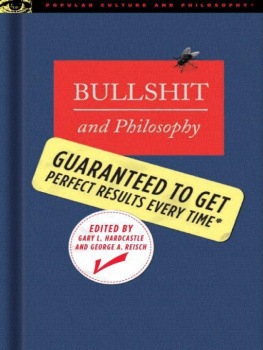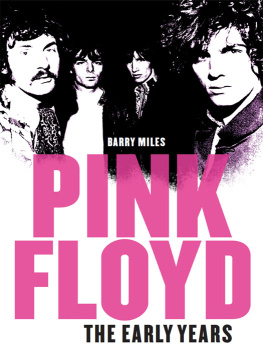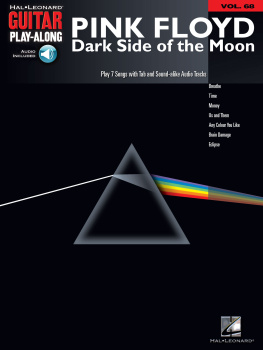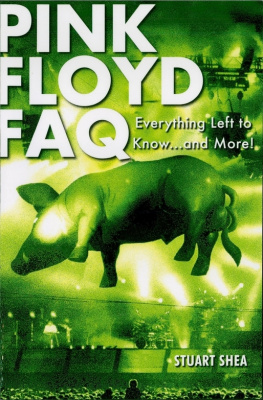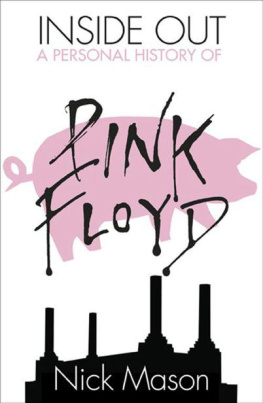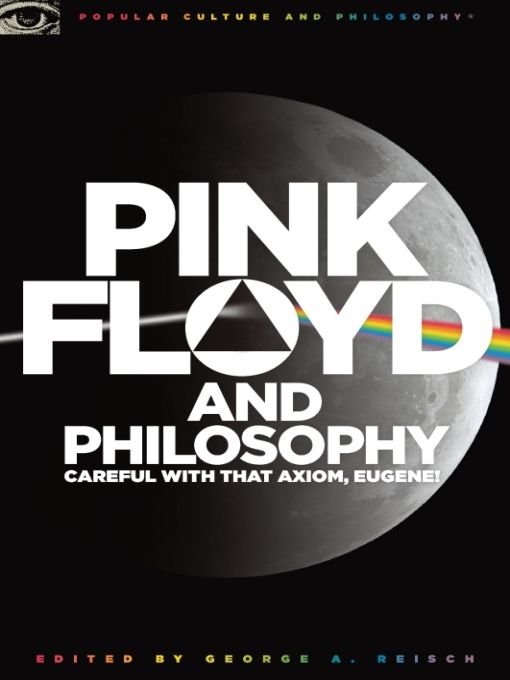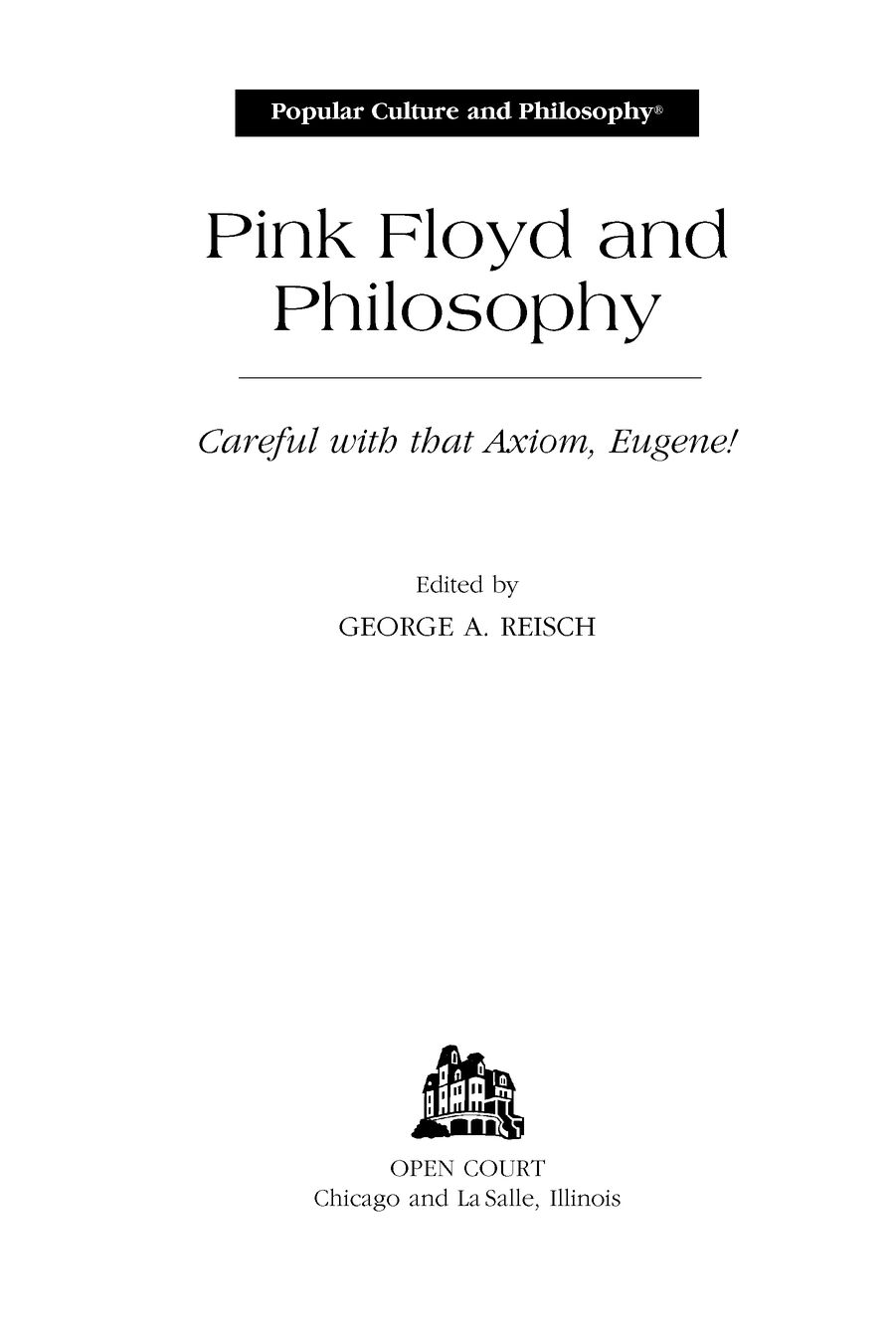Table of Contents
Popular Culture and Philosophy
Series Editor: George A. Reisch
VOLUME 1
Seinfeld and Philosophy: A Book about Everything and Nothing (2000)
VOLUME 2
The Simpsons and Philosophy: The Doh! of Homer (2001)
VOLUME 3
The Matrix and Philosophy: Welcome to the Desert of the Real (2002)
VOLUME 4
Buffy the Vampire Slayer and Philosophy: Fear and Trembling in Sunnydale (2003)
VOLUME 5
The Lord of the Rings and Philosophy: One Book to Rule Them All (2003)
VOLUME 6
Baseball and Philosophy: Thinking Outside the Batters Box (2004)
VOLUME 7
The Sopranos and Philosophy: I Kill Therefore I Am (2004)
VOLUME 8
Woody Allen and Philosophy: You Mean My Whole Fallacy Is Wrong? (2004)
VOLUME 9
Harry Potter and Philosophy: If Aristotle Ran Hogwarts (2004)
VOLUME 10
Mel Gibsons Passion and Philosophy: The Cross, the Questions, the Controversy (2004)
VOLUME 11
More Matrix and Philosophy: Revolutions and Reloaded Decoded (2005)
VOLUME 12
Star Wars and Philosophy: More Powerful than You Can Possibly Imagine (2005)
VOLUME 13
Superheroes and Philosophy: Truth, Justice, and the Socratic Way (2005)
VOLUME 14
The Atkins Diet and Philosophy: Chewing the Fat with Kant and Nietzsche (2005)
VOLUME 15
The Chronicles of Narnia and Philosophy: The Lion, the Witch, and the Worldview (2005)
VOLUME 16
Hip Hop and Philosophy: Rhyme 2 Reason (2005) VOLUME 17
Bob Dylan and Philosophy: Its Alright Ma (Im Only Thinking) (2006)
VOLUME 18
Harley-Davidson and Philosophy:
Full-Throttle Aristotle (2006) Edited by Bernard E. Rollin, Carolyn M. Gray, Kerri Mommer, and Cynthia Pineo
VOLUME 19
Monty Python and Philosophy: Nudge Nudge, Think Think! (2006) Edited by Gary L. Hardcastle and George A Reisch
VOLUME 20
Poker and Philosophy: Pocket Rockets and Philosopher Kings (2006) Edited by Eric Bronson
VOLUME 21
U2 and Philosophy: How to Decipher an Atomic Band (2006) Edited by Mark A. Wrathall
VOLUME 22
The Undead and Philosophy: Chicken Soup for the Soulless (2006) Edited by Richard Greene and K. Silem Mohammad
VOLUME 23
James Bond and Philosophy: Questions Are Forever (2006) Edited by James B. South and Jacob M. Held
VOLUME 24
Bullshit and Philosophy: Guaranteed to Get Perfect Results Every Time (2006) Edited by Gary L. Hardcastle and George A. Reisch
VOLUME 25
The Beatles and Philosophy: Nothing You Can Think that Cant Be Thunk (2006) Edited by Michael Baur and Steven Baur
VOLUME 26
South Park and Philosophy: Bigger, Longer, and More Penetrating (2007) Edited by Richard Hanley
VOLUME 27
Hitchcock and Philosophy: Dial M for Metaphysics (2007) Edited by David Baggett and William A. Drumin
VOLUME 28
The Grateful Dead and Philosophy: Getting High Minded about Love and Haight (2007) Edited by Steven Gimbel
VOLUME 29
Quentin Tarantino and Philosophy: How to Philosophize with a Pair of Pliers and a Blowtorch (2007) Edited by Richard Greene and K. Silem
Mohammad
VOLUME 30
Pink Floyd and Philosophy: Careful with that Axiom, Eugene! (2007) Edited by George A. Reisch
IN PREPARATION:
Johnny Cash and Philosophy (2008) Edited by John Huss and David Werther
Bruce Springsteen and Philosophy (2008) Edited by Randall E. Auxier and Doug Anderson
Battlestar Galactica and Philosophy (2008) Edited by Josef Steiff and Tristan D. Tamplin
The Legend of Zelda and Philosophy (2008) Edited by Luke Cuddy
Star Trek and Philosophy (2008) Edited by Jason T. Eberl and Kevin S. Decker
iPod and Philosophy (2008) Edited by Dylan E. Wittkower
The Wizard of Oz and Philosophy (2008) Edited by Randall E. Auxier and Phil Seng
One of the opening shots from Adrian Mabens film, Pink Floyd Live at Pompeii: The Directors Cut (1972; Hip-O Records, 2003)
Pink Floyd: From Pompeii to Philosophy
GEORGE A. REISCH
By 1971, Pink Floyd had set the controls for the heart of philosophy. That year, Adrian Maben made his extraordinary concert film, Pink Floyd at Pompeii. It begins with the desolate, lonely strains of Echoes as Mabens cameraimpossibly high above the ancient Roman amphitheatre at Pompeiidescends with almost imperceptible slowness into the circular theatre of stone. The band, its truckloads of equipment, and miles of cables are set up in the middle of the enormous circle below.
Pink Floyd had just begun writing and recording Dark Side of the Moon and had yet to be jolted by the international stardom that would propel them through the 1970s and culminate in their second monster album, The Wall, in 1979. Thats why the setting and venue could not be more perfector ironic. For this enormous stone amphitheatre is a circular wall, built up long ago brick by brick, isolating Roger Waters, Nick Mason, David Gilmour, and Rick Wright from the outside world. It was originally designed to hold a live audience, of course. But there is none in this film. Pink Floyd simply playsto themselves, to each other, to a handful of sound technicianswith the seriousness and concentration for which they were becoming famous. There is no public performance, no on-stage banter, no corporate sponsorship, no advertising. Those who might have come expecting to see Pink Floyd in the flesh, to get drunk, stoned, or rowdy (or all three), might have felt that something was eluding them. But no audience was present, so the film shows no trace of the slowly growing discord between Roger Waters, in particular, and the rapidly growing audiences that Pink Floyd played to during the rest of the 1970s.
By the end of the decade, things had turned around completely. The very first song of
The Wall has the albums protagonist, Pink, interrogating a stadium-sized crowd of inebriated teenagers:
So ya thought ya might like to go to the show.
To feel the warm thrill of confusion
That space cadet glow.
Tell me, is something eluding you, Sunshine?
His anger culminated in 1977 during a show in Montreal, Waters recalls in interviews. Noisy, disruptive fans so annoyed him that he spit on them from the stage. He was appalled at his behavior, he admits, and began to think seriously about how and why large audiences had become so disconnected from the music they had paid to hear, and from the musicians they had come to see in the flesh. Soon, he was toying with the concept of a rock band separated from its audience by a huge brick wall. But even that idea did not assuage his sarcasm and bitterness. Early drafts of Waterss screenplay for the film version (released in 1982) included military airplanes dive bombing the audience.


